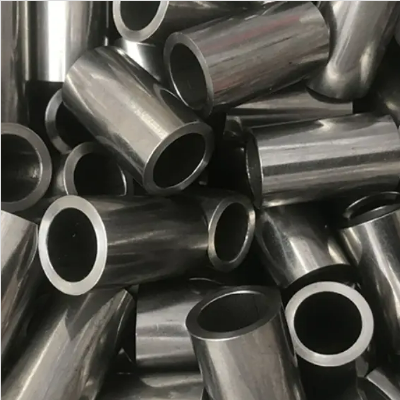Mobile:+86-311-808-126-83
Email:info@ydcastings.com
Versatile End Cap Solutions for Different Applications and Requirements
The Versatility of Flexible End Caps
In the ever-evolving realm of product design and manufacturing, one often overlooked component has garnered attention for its practicality and adaptability the flexible end cap. These ingenious devices serve a multitude of functions across various industries, proving to be essential in enhancing both performance and efficiency.
At its core, a flexible end cap is designed to cover the exposed ends of tubes, pipes, or any cylindrical structures. Made from materials such as rubber, silicone, or thermoplastic elastomers, these caps offer a secure fit while allowing for a degree of flexibility that makes them suitable for a wide range of applications. Their primary purpose is to prevent contaminants from entering the interior, safeguarding the integrity of the contents whether they are fluid, gas, or solid.
One of the most significant advantages of flexible end caps is their versatility. In the automotive sector, for instance, they are commonly used to seal fuel lines, hydraulic systems, and exhaust pipes. By effectively blocking dirt and debris, these caps help maintain cleanliness and prevent premature wear of critical components. Similarly, in the construction industry, flexible end caps are vital for protecting open pipe ends during transport and installation, ensuring that systems remain intact until they are fully operational.
Moreover, the flexibility of these end caps makes them an ideal choice for applications requiring expansion and contraction. For example, in plumbing systems, water pipes may expand due to temperature changes, and traditional rigid caps could crack or break under such stress. Flexible end caps, however, can accommodate this movement, providing a reliable barrier that won’t compromise the system's integrity.
flexible end cap

The medical field has also found significant utility in flexible end caps. In laboratories and hospitals, these caps are employed in various medical devices and equipment to maintain sterile conditions. They can securely seal syringe ends, reagent bottles, and other essential items, ensuring that contamination is minimized and patient safety is prioritized.
Environmentally, flexible end caps are increasingly being recognized for their role in sustainability. Many manufacturers are now producing these caps from recyclable materials, aligning with the growing demand for eco-friendly solutions. This not only helps reduce waste but also encourages industries to implement more sustainable practices.
As industries continue to innovate, the demand for flexible end caps is expected to increase. Manufacturers are constantly developing new designs and materials to meet specific requirements, further expanding the range of applications. Whether in consumer goods, industrial machinery, or specialized equipment, the flexible end cap stands as a testament to how simple components can provide critical solutions.
In conclusion, the flexible end cap embodies versatility and functionality in a compact form. Its various applications across multiple industries highlight its importance in maintaining efficiency, safety, and sustainability. As technology advances and the need for adaptable solutions grows, flexible end caps will undoubtedly play an integral role in shaping the future of product design and manufacturing. Their continued evolution reflects the ingenuity of modern engineering and the drive toward more resilient and flexible manufacturing solutions.
-
What Makes Stainless Steel Pump Casting Essential for Modern Industries?NewsJul.14,2025
-
Revolutionize Your Engine Maintenance with Premium Aluminum and Cast Iron ComponentsNewsJul.14,2025
-
Precision Flow Engineering Starts with the Right Pump ComponentsNewsJul.14,2025
-
Maximize Efficiency: Explore Reliable Containment and Crop SolutionsNewsJul.14,2025
-
Discover Superior Performance with Advanced Turbo ComponentsNewsJul.14,2025
-
Boost Fluid Dynamics with Precision-Engineered Pump ComponentsNewsJul.14,2025











